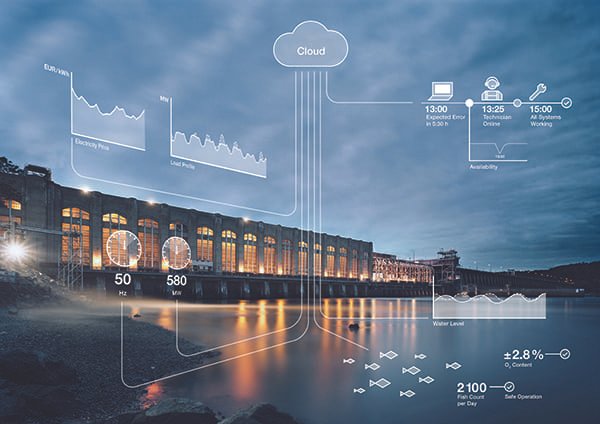In the ever-evolving world of web design, staying ahead of the curve is essential. Enter Artificial Intelligence (AI), a technological marvel that is reshaping the way we approach web design. In this blog post, we’ll explore the ways AI is revolutionizing web design, making it more efficient, user-friendly, and innovative than ever before.
Chapter 1: The Evolution of Web Design
Web design has come a long way since the early days of static HTML pages. Today, websites are expected to be responsive, interactive, and visually appealing. The complexity of modern web design requires advanced tools, and AI is stepping up to the challenge.
Chapter 2: AI-Powered Website Builders
Traditional website builders often involve a steep learning curve, limiting accessibility to those with coding skills. AI-powered website builders, on the other hand, are designed with user-friendliness in mind. These platforms leverage AI algorithms to generate customized designs based on user preferences, content, and business goals. Users can create a professional-looking website with minimal effort.
Chapter 3: Personalized User Experiences
AI is making it possible to deliver highly personalized user experiences. By analyzing user behavior and preferences, AI algorithms can tailor content and design elements in real-time. This means that returning visitors see content and layouts designed specifically for them, enhancing engagement and conversion rates.
Chapter 4: Enhanced Content Creation
AI isn’t limited to design alone—it’s also a powerful tool for content creation. AI-driven tools can generate written content, graphics, and even video elements for websites. This streamlines the content creation process, ensuring that websites are always up to date with fresh, relevant content.
Chapter 5: Predictive Analytics for Better Design
AI’s ability to analyze vast amounts of data enables web designers to make data-driven decisions. By utilizing predictive analytics, designers can identify trends, anticipate user needs, and optimize layouts and content accordingly. This data-driven approach leads to more effective web design and better user engagement.
Chapter 6: Accessibility and Inclusivity
AI can also help make the web more accessible to individuals with disabilities. It can automatically generate alt text for images, provide real-time captions for videos, and ensure that websites comply with accessibility standards, such as WCAG (Web Content Accessibility Guidelines). This promotes inclusivity and ensures that everyone can access and enjoy online content.
Chapter 7: Speed and Performance Optimization
Website speed and performance are crucial for user satisfaction and search engine rankings. AI algorithms can analyze a website’s performance and suggest optimizations, such as image compression, code minification, and content caching. These enhancements result in faster loading times and improved user experiences.
Chapter 8: Chatbots and Virtual Assistants
AI-driven chatbots and virtual assistants are becoming common features on websites. They provide immediate customer support, answer questions, and guide users through various processes. These AI-driven interactions enhance user engagement and can lead to higher conversion rates.
Chapter 9: A Collaborative Approach
AI doesn’t replace human designers; it enhances their capabilities. Designers can work in tandem with AI tools to achieve creative and functional excellence. AI automates repetitive tasks, allowing designers to focus on high-level creativity and strategy.
Chapter 10: The Future of AI in Web Design
The future of AI in web design is filled with exciting possibilities. As AI continues to advance, we can expect even more intelligent design recommendations, hyper-personalization, and seamless integration with emerging technologies like augmented reality (AR) and virtual reality (VR).
Conclusion: A New Era in Web Design
AI has ushered in a new era in web design, where efficiency, personalization, and innovation reign supreme. With AI-powered tools at their disposal, web designers can create stunning, user-centric websites that adapt to the ever-changing digital landscape. As AI technology continues to evolve, we can only anticipate more groundbreaking advancements in web design that will shape the online experiences of tomorrow.





